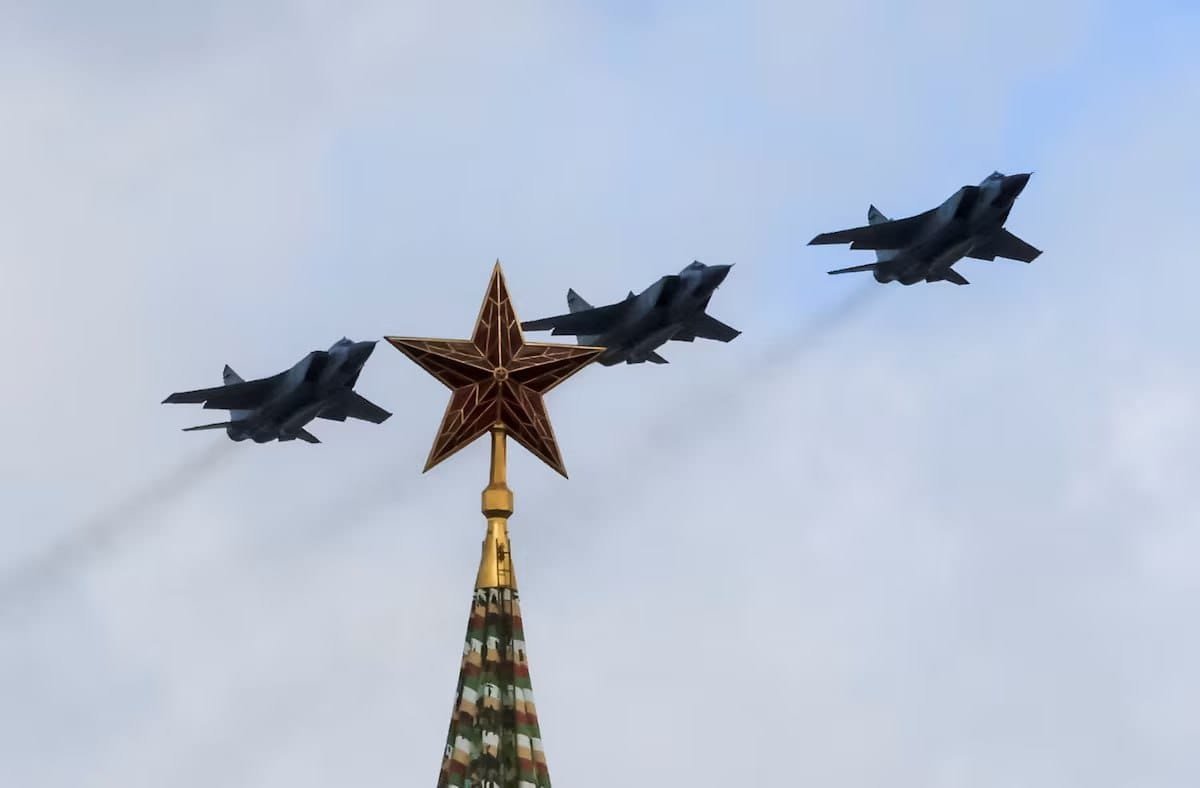Estonia has formally requested consultations under Article 4 of the NATO treaty following a serious airspace violation by Russian military aircraft, in what Tallinn has called an “unprecedentedly brazen” incident.
The violation occurred on September 19, when three Russian MiG-31 fighter jets entered Estonian airspace near Vaindloo Island in the Gulf of Finland. They remained inside for approximately 12 minutes, during which they flew without filing flight plans, flown with transponders switched off, and did not respond to Estonian air traffic control communications.
In response, NATO scrambled Italian F-35 aircraft, part of its Baltic Air Policing mission, to intercept the Russian jets and escort them out of Estonian airspace. Tallinn said the violation advanced about 9 km inside its territory before the Russian aircraft withdrew.
Estonian Prime Minister Kristen Michal described the intrusion as “unacceptable,” while Foreign Minister Margus Tsahkna condemned the act as a “grave & unacceptable provocation.” The incident comes amid a pattern of Russian aerial provocations against NATO’s eastern flank, including drone breaches over Poland and Romania in recent days, fueling concerns that Moscow is testing alliance resolve.
Estonia’s government summoned the Russian charge d’affaires and lodged a diplomatic protest, demanding accountability. At the same time, the decision to invoke Article 4 underscores Tallinn’s view that the violation threatens not only its territorial integrity but Estonia’s security and the cohesion of NATO’s collective defence posture.
By invoking Article 4, Estonia has asked its NATO allies to convene consultations. Article 4 allows any member state to call for alliance-wide discussions when it believes its territorial integrity, political independence, or security is threatened—it does not automatically trigger military response, but it opens the door for collective assessment and action.
The incident marks at least the fourth airspace violation by Russia against Estonia this year, previous incursions have involved both fighter jets and a helicopter and comes amid a wider pattern of Russian air and drone activity over airspace belonging to other NATO and EU states.
Allied response has been swift condemnation. EU foreign policy chief Kaja Kallas called the violation “an extremely dangerous provocation.” NATO also expressed concern, asserting the incident demonstrates “reckless Russian behaviour” and NATO’s readiness to respond.
Estonia seeks to use the Article 4 process to build shared situational awareness among NATO members, assess how to prevent such violations, and determine possible joint measures to strengthen deterrence along NATO’s eastern flank.





